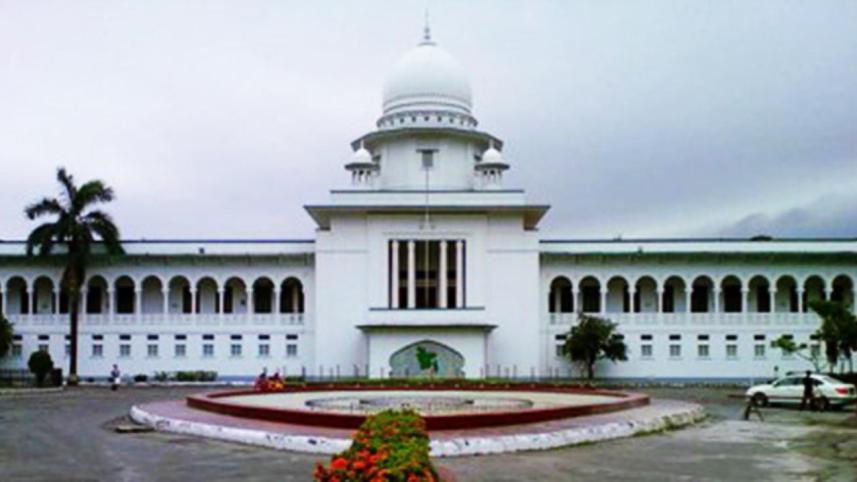Delayed verdicts only add to victims’ suffering

It is unfortunate that a landmark verdict once hailed as a turning point in the prosecution of custodial death and torture cases in Bangladesh has been marred in a lengthy legal battle, making the verdict all but ineffective even after a year of delivery. On September 9, 2020, the verdict by a trial court—the first ever in a custodial death case filed under the Torture and Custodial Death (Prevention) Act, 2013—saw three policemen responsible for the death of Ishtiaque Hossain Jonny sentenced to life imprisonment. They were also directed to pay Tk 2 lakh each as compensation. But according to a report citing a discussion of legal experts, the High Court then stayed the verdict of life imprisonment as well as realisation of the fine following appeals from the convicts. Things have been at a stalemate since then.
Navigating the protracted legal battle, we're told, has been especially hard for Jonny's brother, who at the commemorative discussion session admitted to still being harassed in his neighbourhood. Unaided and unprotected against any threat of retribution, the family languishes without justice even after over seven years since Jonny's death on February 7, 2014—not to speak of the financial toll of having to fight a costly legal battle. This incident, unfortunately, is the latest in a long list of cases that have failed to find a resolution because of delays in the judicial process. One can recall the fate of the rape and murder case of law student Rupa Khatun which, on February 12, 2018, saw a Tangail court, in just 14 days after the incident, sentencing four men to death and another to seven years' imprisonment. The quick trial also drew praise for being a landmark verdict, but soon fell into a lengthy legal quagmire.
These cases illustrate the importance of overhauling the judiciary to handle cases more efficiently and quickly. The immense caseload our courts are clogged with as well as the shortage of judges and necessary support systems (including legal protection for the victims) mean that some cases end up taking years—even decades—to find a resolution. The long wait and attendant challenges can also dissuade the victims, especially those from humble backgrounds, from pursuing their cases. This is the opposite of what the legal system stands for—protecting the unprotected by ensuring justice. We urge the higher judicial authorities to undertake necessary reforms to fast-track resolution of the cases, especially the criminal cases. If there are procedural and systemic bottlenecks hindering the delivery of justice, those need to be eliminated too. We must do it for the sake of thousands waiting helplessly for justice.



 For all latest news, follow The Daily Star's Google News channel.
For all latest news, follow The Daily Star's Google News channel.
Comments